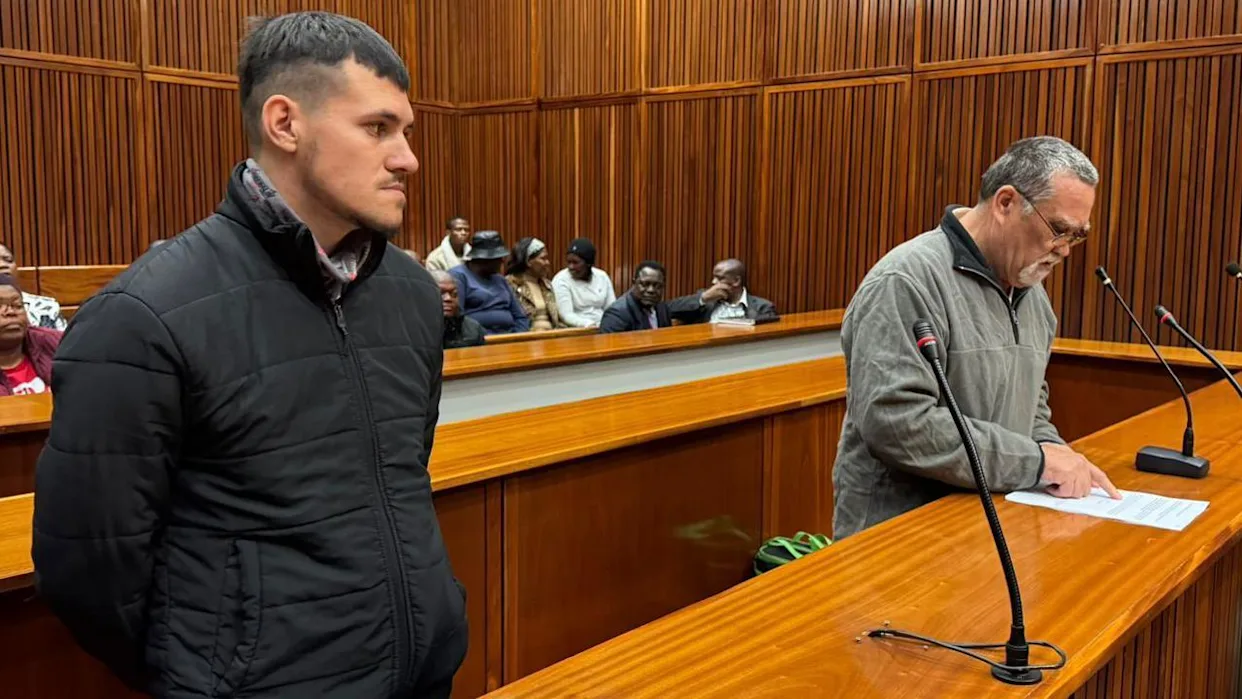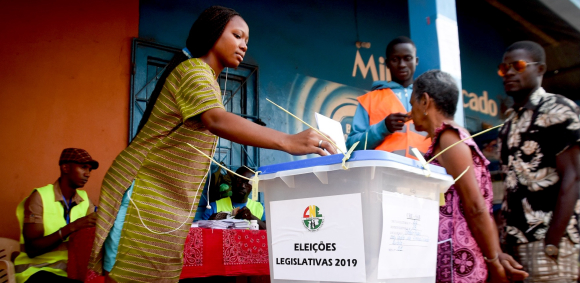In a case that has reignited deep racial tensions across South Africa, a white farm worker, Adrian de Wet, has testified that he was forced under duress to feed the bodies of two black women to pigs after they were allegedly shot by his employer. The brutal incident took place on a farm near Polokwane in Limpopo province in 2024, where 45-year-old Maria Makgato and 34-year-old Lucia Ndlovu were killed while reportedly searching for food.
According to court proceedings, the two women were looking for expired dairy products often discarded as pig feed, when they were confronted and shot. Mr. De Wet, a 20-year-old farm supervisor, claims that the farm owner, 60-year-old Zachariah Johannes Olivier, pulled the trigger. Mr. De Wet further alleges that he was then ordered to dispose of the women’s bodies by throwing them into a pig enclosure, where the animals consumed them.
Mr. De Wet turned state witness as the murder trial began this week in the Limpopo High Court. His legal team, along with the prosecution, argues that he acted under extreme duress and should therefore be absolved of all charges. If his testimony is accepted by the court, all charges against him including murder, attempted murder, and obstruction of justice could be dropped.
Also standing trial are Mr. Olivier, the farm owner, and William Musora, a 50-year-old Zimbabwean national and fellow farm worker. Both men remain in custody and have yet to enter formal pleas. Mr. Musora faces additional charges under South Africa’s Immigration Act due to his alleged status as an undocumented immigrant. The accused are also facing attempted murder charges for allegedly shooting at Lucia Ndlovu’s husband, who was with the women at the time of the incident.
This deeply disturbing case has drawn widespread condemnation and media attention, with the Limpopo High Court packed during the opening of the trial. Grieving family members, activists, and supporters of the victims filled the courtroom, as did members of the Economic Freedom Fighters (EFF) opposition party, who have previously called for the farm’s closure. Zachariah Olivier’s wife, visibly emotional, was also seen in the public gallery during the proceedings.
The case has sparked national outrage and exposed ongoing racial and socio-economic disparities in post-apartheid South Africa. Despite the formal end of apartheid over three decades ago, most private farmland remains owned by the white minority, while black South Africans largely serve as poorly paid laborers. These inequalities, coupled with rising crime and economic instability, continue to fuel tension in rural areas.
As the trial unfolds, many South Africans are watching closely, calling not only for justice for the victims but for broader reforms in land ownership, labor rights, and racial reconciliation. The trial has been postponed to next week to allow further witness preparation and legal review.














Leave a comment